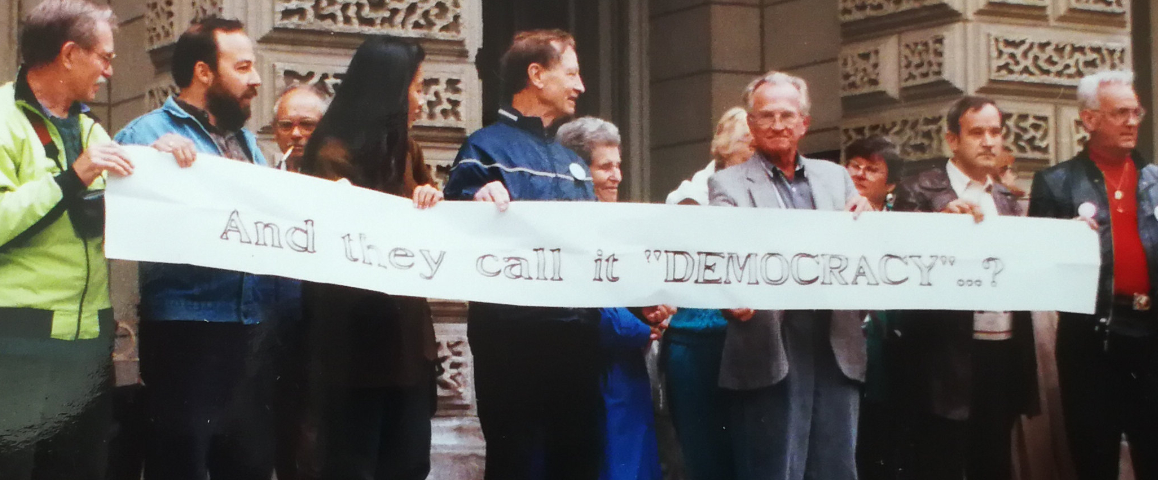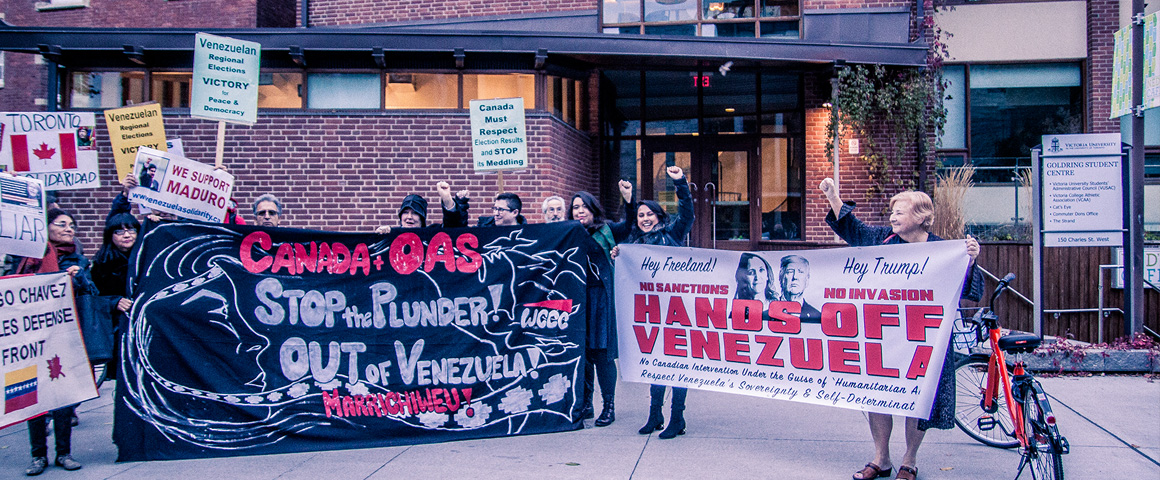First celebrated in 1970, Earth Day is officially marked on April 22, although thousands of related global events take place throughout the month. Nearly half a century later, the threat of environmental disaster has become increasingly serious. Carbon emissions have grown rapidly, bringing the consequences of global warming and climate change, rising sea levels, famines, deforestation, and the most rapid loss of species diversity in the history of our planet. Ecological crises are a critical factor in the spread of armed conflicts in many countries, forcing tens of millions of people to become refugees and migrants.
But while this crisis is almost universally recognized, the political will to tackle the issue remains severely limited by the power of the transnational energy monopolies. To greenwash their deadly track record, many of these companies donate to Earth Day activities, even as they resist serious action at events such as last December’s COP21 Climate Change Conference. The outcome in Paris fell far short of expectations, with no guarantees for the rights of Indigenous peoples, and no protection from investor-state dispute settlement (ISDS) clauses in corporate deals such as the Trans-Pacific Partnership. Despite the “green” rhetoric, capitalist interests and pro-austerity politicians remain the major roadblock against putting the interests of people and nature ahead of private profits.
The corporate agenda, and capitalism itself, are incompatible with the interests of the working class and peoples of the world, who are increasingly taking action to achieve environmental justice and global sustainability. We need a new system, one which rejects the logic of capitalist accumulation and militarism, and instead promotes equitable and sustainable development in balance with the environment. The environmental movement itself requires a socialist vision and working class leadership to move towards the sweeping transformation of the global economy which is so desperately required to save our common future.



